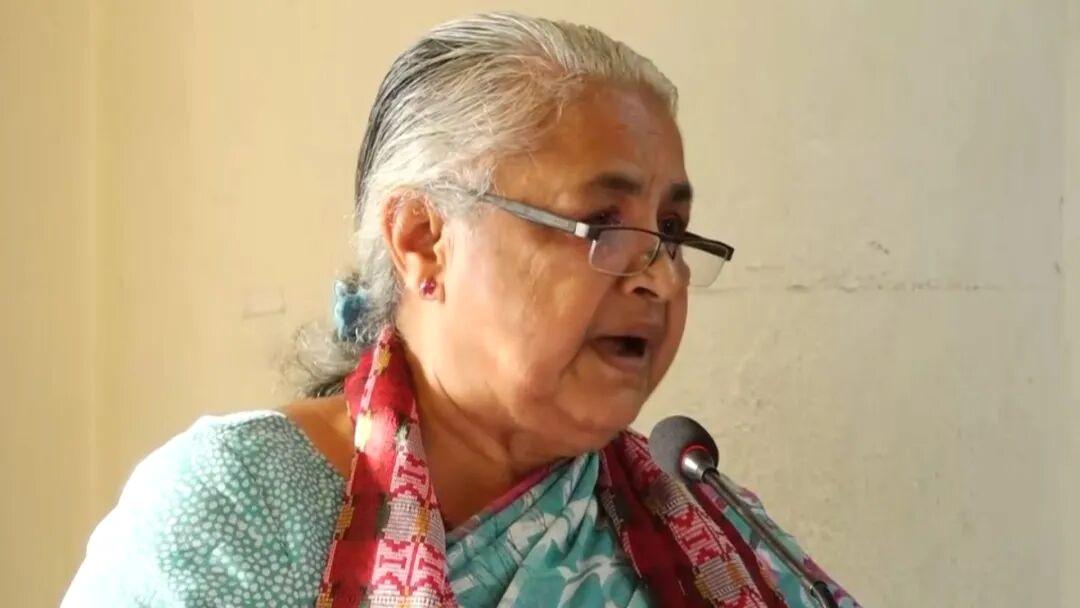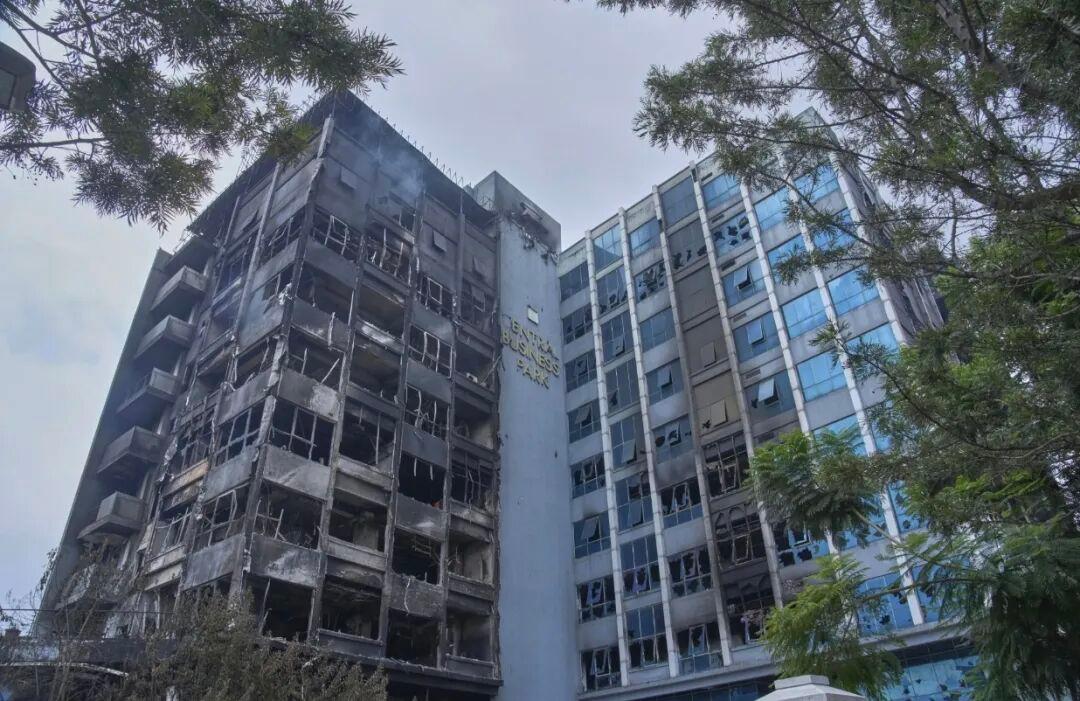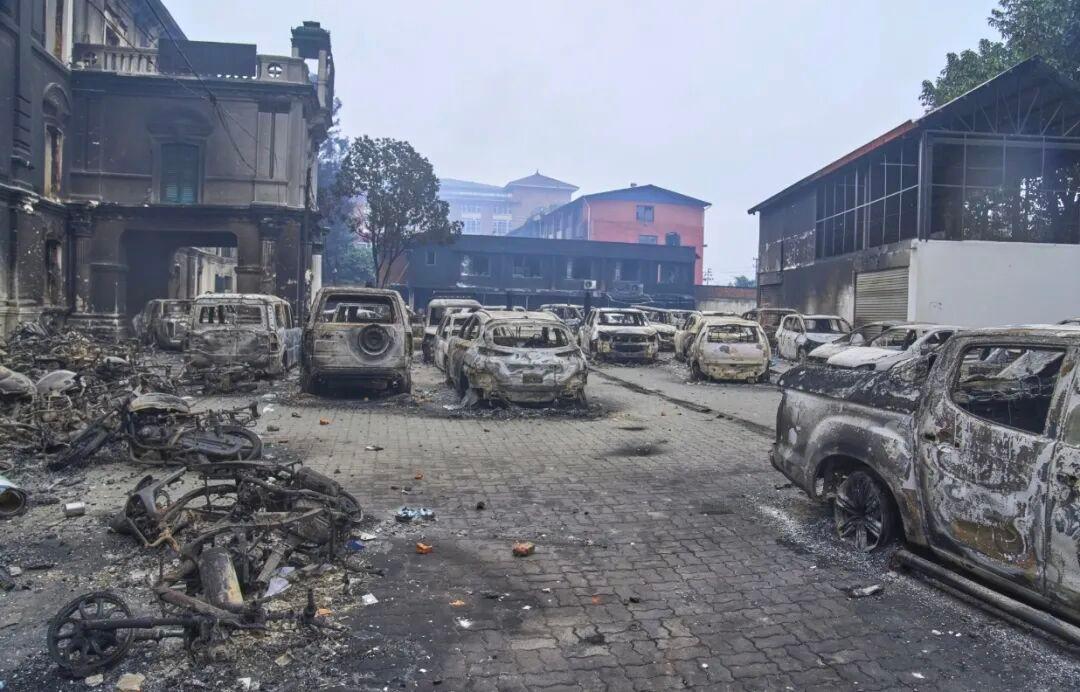Expert: Nepal interim PM faces positives, challenges
Former Chief Justice of Nepal’s Supreme Court, Sushila Karki, was sworn in as the interim Prime Minister of the country on September 12, marking a significant step forward in resolving the current crisis faced by Nepal.
Why was Sushila Karki chosen as the interim Prime Minister? What can she bring to Nepal? What challenges will her administration face?
Reporters with the "Southern Messengers" column of Mekong News Network just interviewed Kishor Shrestha, President of the Nepal-China Media Forum and Editor-in-Chief of Jana Aastha National Weekly.

Sushila Karki
Q1. Why Gen Z is Choosing Sushila Karki?
Reputation for Integrity and Independence. Sushila Karki, Nepal’s first woman Chief Justice (2016-17), has a strong track record of delivering on corruption cases and acting as a check on political power. Her judicial decisions, especially on high-profile corruption matters, have earned her respect among citizens who are frustrated with long-standing corruption.
Neutrality & Non-Partisan Credentials. Unlike many political figures, Karki is not seen as deeply embedded in a current political party. For many young protesters, this helps them see her as more likely to be unbiased and able to run a transition without favoring entrenched political interests.
Symbolism & Firsts. Her appointment (even as interim) would mark another milestone: she is already the first female Chief Justice; taking on an interim executive role (if it happens) would symbolize generational and gender change. For many youths it’s not just about policy but about seeing new faces, new kinds of leadership.
Movement Goals: Corruption, Accountability, Fresh Start. The Gen Z protests were sparked by a ban on social media platforms but have quickly broadened into demands for transparency, good governance, accountability, and a transition period leading to fair elections. Protest leaders have said they want someone with legal authority and moral standing to oversee that, rather than another career politician. Karki fits that bill.

A hotel in Nepal is damaged in the protest.
Q2. What Prospects Might Be for Nepal Under Sushila Karki (Interim PM)?
If Karki is installed, here are some likely positives and some of the challenges:
Potential Positives
Anti-Corruption Drive: Given her history, she may push for stronger investigations into corruption, possibly cleaning up governmental institutions and enhancing public trust.
Restoring Civic Freedoms: The movement has made clear it opposes censorship (e.g. the social media ban). Karki’s interim government might reverse or halt repressive policies, reinforcing fundamental rights.
Political Stability (Short Term): An interim, relatively neutral figure could help reduce street violence and calm political polarization — if she is accepted widely.
Elections / Transition: The youth movement has explicitly stated that the goal is not indefinite power but organizing free elections within 6-12 months, with the interim government acting as a caretaker.
International Credibility: Having a respected jurist at the helm could improve the international image of Nepal, possibly attracting foreign aid or investment more confidently, especially in governance reform or rule-of-law projects.

Nepalese cars are destroyed in the protest.
Challenges or Constraints
Constitutional & Legal Barriers: There are reports that former Chief Justices or judges may be legally ineligible for the position of Prime Minister under parts of Nepal’s constitution. This could force legal or constitutional amendments or risk her appointment being contested.
Age & Experience Critiques: Though her legal credentials are strong, some protesters are concerned about her age or about whether she has the political or administrative experience to manage a highly fractious transition.
Broad Acceptance: Not all protesters agree. There are divisions among Gen Z activists about who should lead, e.g. some prefer personalities like Kulman Ghising, or others. Gathering consensus is hard.
Managing Expectation vs Reality: The protesters want rapid change, clean governance, justice etc. Implementing structural reforms is slow, costly, and met with resistance. An interim government has limited power.
Security and Stability: With recent violence and deaths during protests, ensuring law & order without compromising civil liberties will be a delicate task.
Reporting Zhang Ruogu and Zu Hongbing (Mekong News Network, YICC)